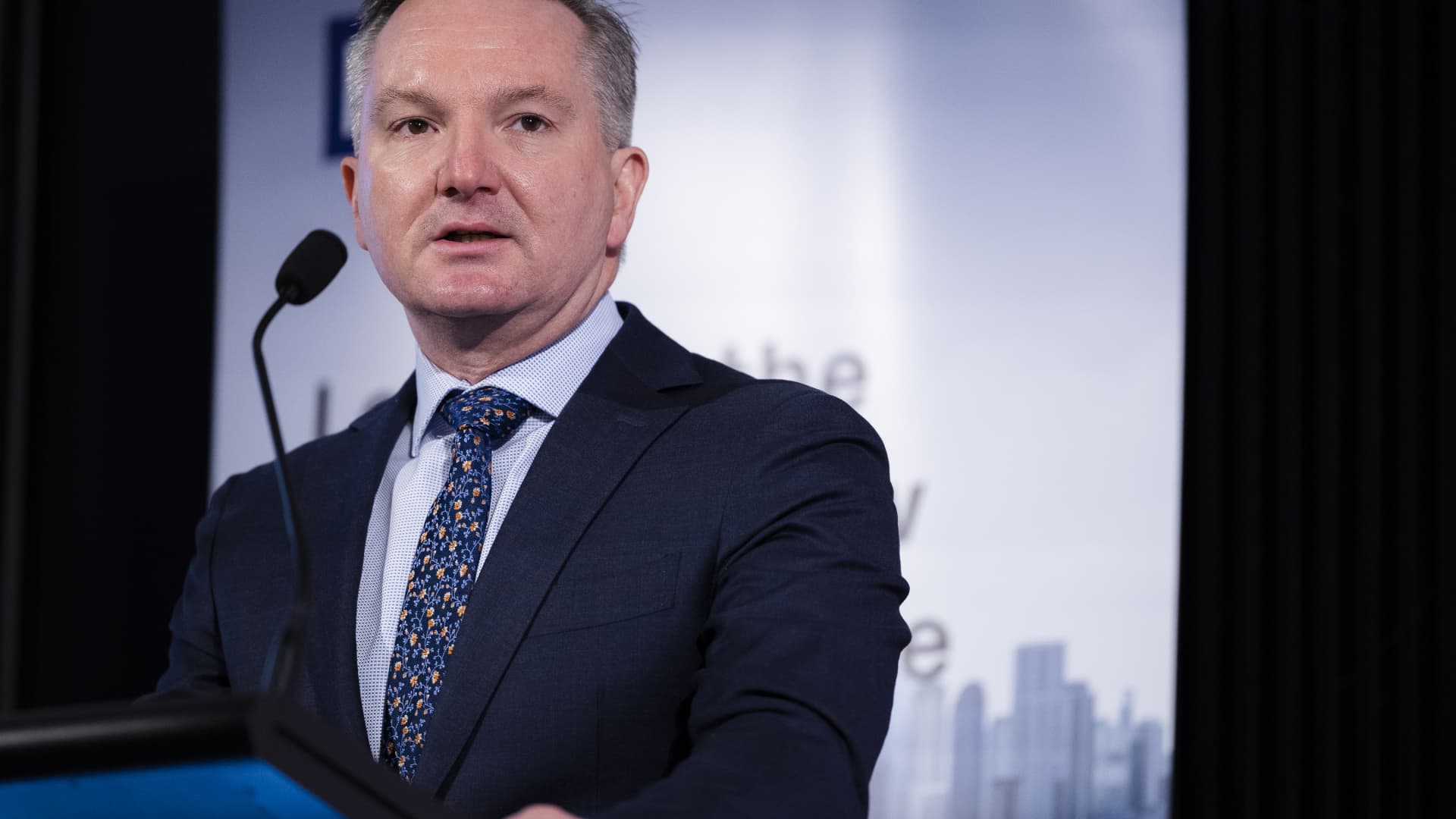Nuclear energy has never been part of Australia’s energy mix as it has abundant renewables, according to Australia’s minister for climate change and energy.
“I’m not here to tell other countries what to do. Nuclear plays a role in various countries’ mix, but in Australia, it never has,” Chris Bowen told CNBC on the sidelines of the G20 energy ministers meeting in Goa, India.
“Wherever you look, there’s issues from our point of view with nuclear energy,” he said, outlining problems that can come from adopting nuclear energy.
Apart from being extremely expensive, it generates large amounts of waste and is an inflexible energy source, he told CNBC’s Sri Jegarajah on Saturday.
Furthermore, Australia will be starting from “worse than scratch” since it never had a nuclear industry in the first place, he said.
Liddell Power Station, one of Australia’s oldest coal-fired power plants, was shut down on 28 April, 2023, after 52 years in operation.
Roni Bintang | Getty Images News | Getty Images
Australia is also on its way to reducing reliance on coal and increasing its dependence on gas instead.
“Gas plays an important role in firming the grid as coal fired power leaves the grid … We have negative prices a lot during the day in Australia, and yet coal fired power stations are churning away,” he said, highlighting that gas fired power stations are more flexible and can be turned on and off.
The country shut down one of its oldest coal plants in April, and will be halting operations of another in 2025.
“They’re not going to be replaced with coal fired power, it’s just not going to happen,” Bowen said. “It’s not economic, it’s not in the future and the emissions are bad.”
Renewable energy is the way to go
To keep the lights on, Australia will have to “double down” on its investments in renewable energy, storage and transmission, the Australian minister said.
“We have such abundant renewables … Vladimir Putin can’t turn off the sun or the wind, [but] he can turn off the gas pipeline,” Bowen said referring to the Russian president, who has cut off gas supplies to Europe in retaliation against Western sanctions imposed as a result of the unprovoked war in Ukraine.
“For those countries that are blessed with abundant renewables, harnessing those renewables, increasing their share of our energy mix, and then exporting as much as possible in due course, is vital for national security as well.”
Australia’s renewable energy sector has made steady improvements in the last few years.
Renewable energy accounted for 35.9% of the country’s total electric generation in 2022, more than double from what it was in 2017 at 16.9%, according to a report by the country’s Clean Energy Council.
A greater push toward renewables has reduced coal demand. Share of coal generation fell from 59.1% in 2021 to 54.6% in 2022, but gas production increased by 1.2% in 2022 compared to the year before, the report said.
Wind turbines seen on hills surrounding Lake George, located near the Australian capital city of Canberra on May 30, 2023.
David Gray | Getty Images News | Getty Images
Bowen said Australia needs more investments in order to reach its net-zero goals, and this can be done if each sector is looked at individually.
“Sector by sector plans are important for Australia because each sector is so different,” he said. “We need the … government’s view of how this decarbonization is likely to happen, so we know where to focus our investments.”
He said what the government can do is limited, and investments from Australian businesses are very much needed.
“I’ve been struck by the level of support and engagement from Australian businesses — big and small, and from international investors.”
Asked what Australia aims to bring to the table at the COP28 climate summit in Dubai in November, Bowen said “this COP needs to be a step forward in the world’s ambitions.”
“We’ve got a lot of work to do. And we’ll be at the table engaging with countries of goodwill to try and get the best possible outcome,” he added.
This story originally appeared on CNBC

